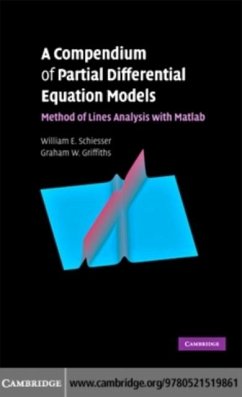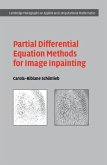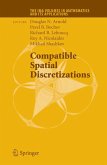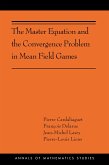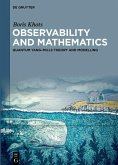Mathematical modelling of physical and chemical systems is used extensively throughout science, engineering, and applied mathematics. To use mathematical models, one needs solutions to the model equations; this generally requires numerical methods. This book presents numerical methods and associated computer code in Matlab for the solution of a spectrum of models expressed as partial differential equations (PDEs). The authors focus on the method of lines (MOL), a well-established procedure for all major classes of PDEs, where the boundary value partial derivatives are approximated algebraically by finite differences. This reduces the PDEs to ordinary differential equations (ODEs) and makes the computer code easy to understand, implement, and modify. Also, the ODEs (via MOL) can be combined with any other ODEs that are part of the model (so that MOL naturally accommodates ODE/PDE models). This book uniquely includes a detailed line-by-line discussion of computer code related to the associated PDE model.
Dieser Download kann aus rechtlichen Gründen nur mit Rechnungsadresse in A, B, BG, CY, CZ, D, DK, EW, E, FIN, F, GR, HR, H, IRL, I, LT, L, LR, M, NL, PL, P, R, S, SLO, SK ausgeliefert werden.

